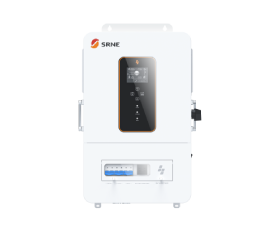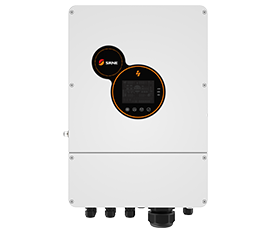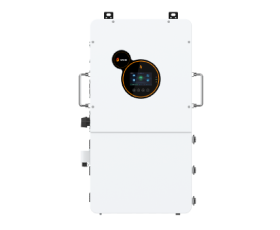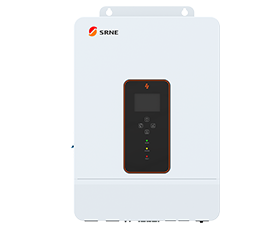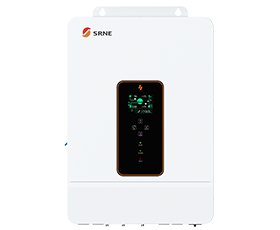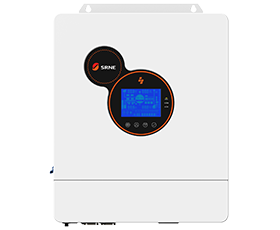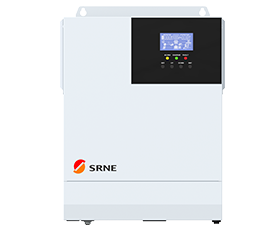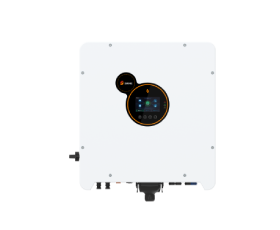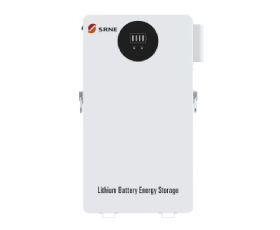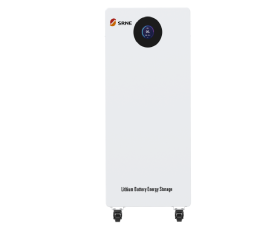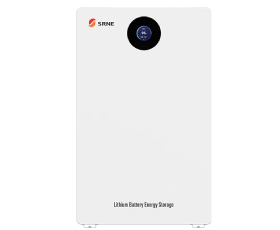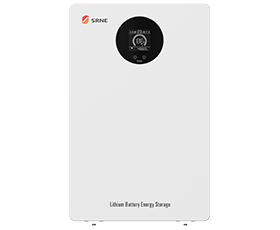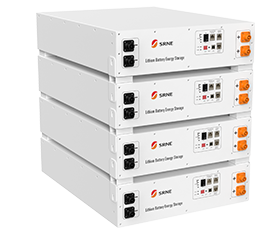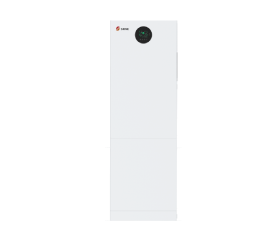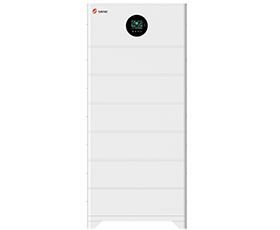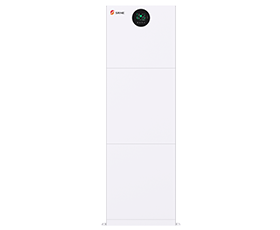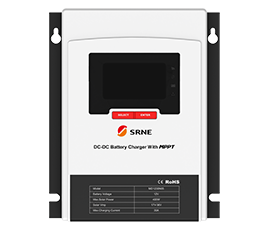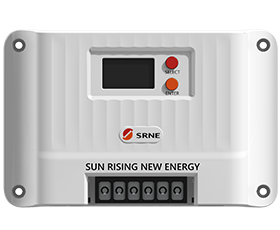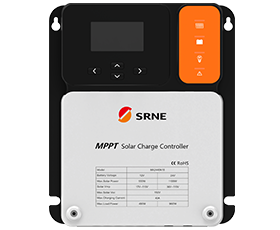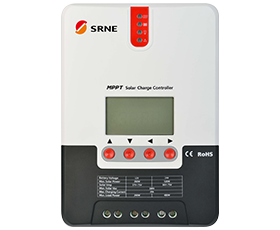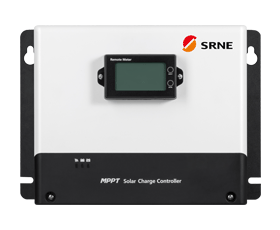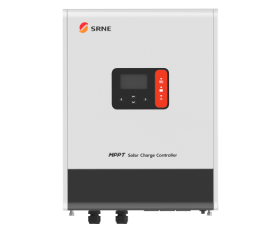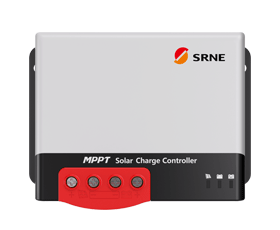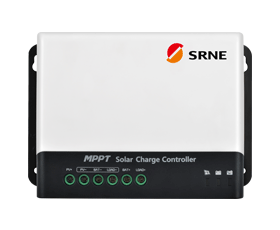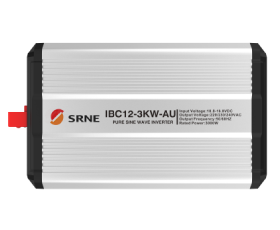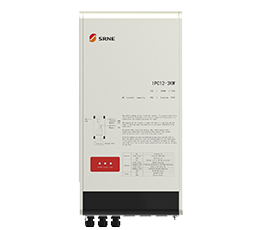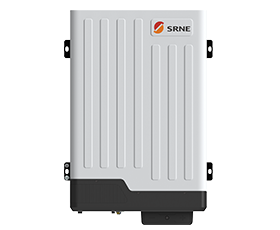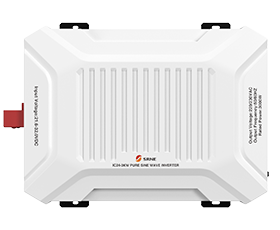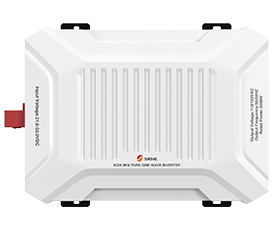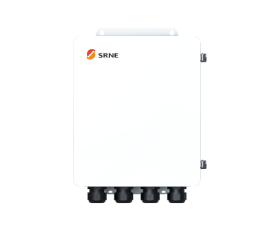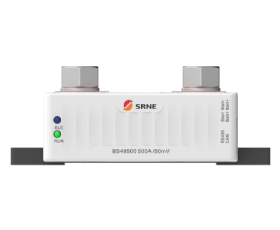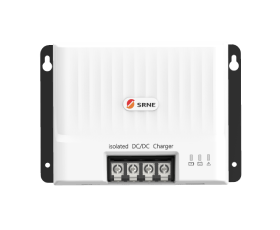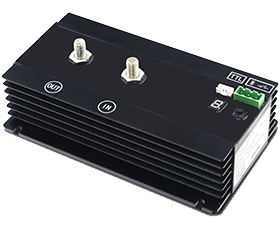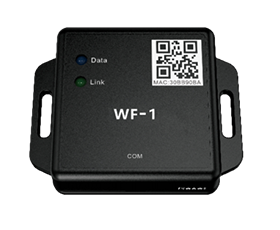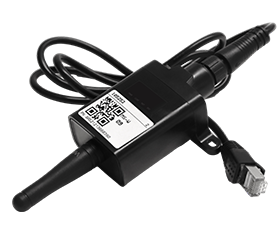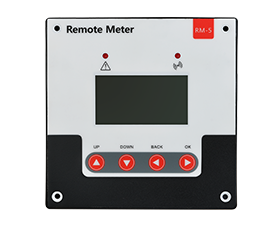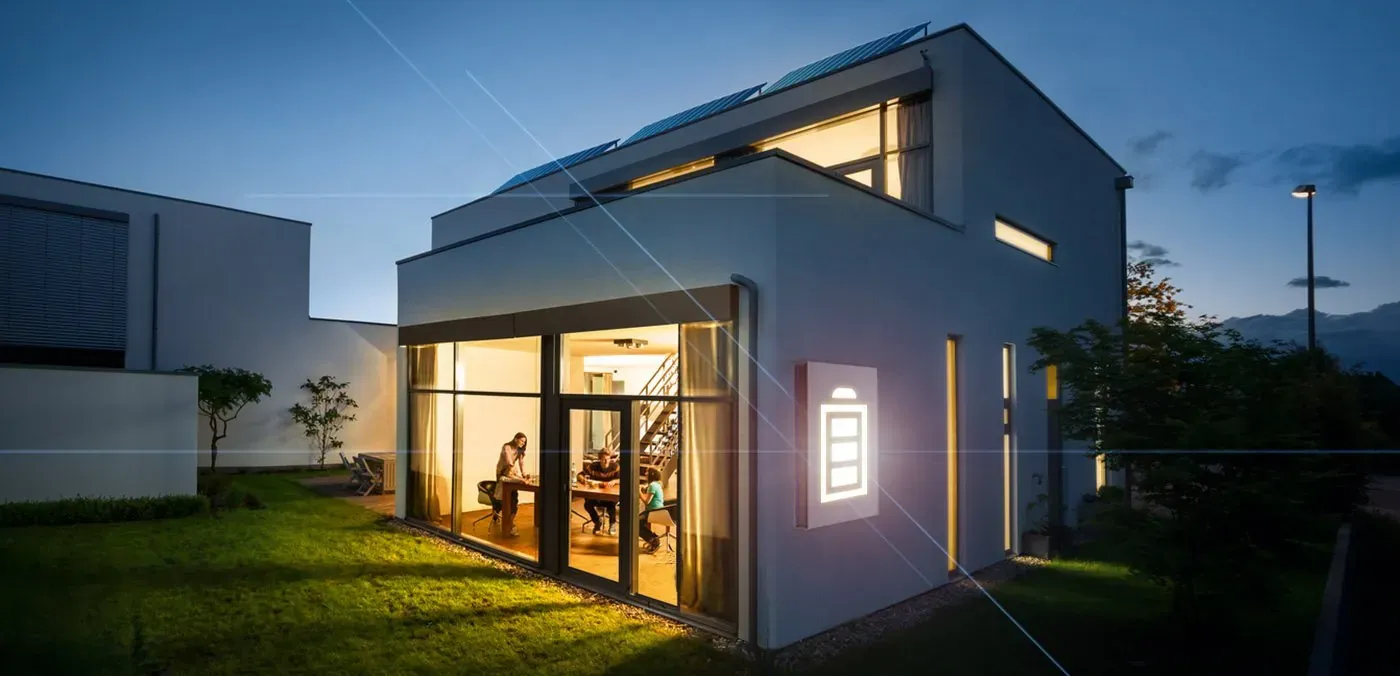Residential Energy Storage and Emergency Preparedness: A Lifeline for Your Home
In an era of increasing power outages and natural disasters, residential energy storage has emerged as a key solution for enhancing home resilience. By providing backup power when the grid fails, residential energy storage not only offers peace of mind but also plays a crucial role in emergency preparedness. Let's delve into the value of energy storage during power outages, natural disasters, and its impact on enhancing the resilience of modern homes.
The Need for Residential Energy Storage
Natural disasters such as hurricanes, wildfires, and severe storms are becoming more frequent, leaving millions of homes vulnerable to prolonged power outages. In these times of uncertainty, having an independent source of electricity is no longer a luxury but a necessity. Residential energy storage systems, such as battery units installed alongside solar panels, can supply much-needed power during such crises, helping families stay connected, safe, and comfortable when the grid goes down.
In the event of a power outage, whether caused by a natural disaster or utility issues, traditional homes without energy storage are left in the dark. Residential energy storage, however, steps in to provide an instant and reliable backup. By storing excess energy produced during normal operations—especially when combined with solar energy—homeowners can ensure that essential appliances continue functioning, lights stay on, and communication devices remain charged during emergencies.
How Residential Energy Storage Works During Power Outages
Residential energy storage systems work by storing electricity that can be used when there is an interruption in the regular power supply. This energy is often stored in batteries, which are charged by either the grid or solar panels during times when energy demand is low or solar energy is abundant. When a power outage occurs, the stored energy is automatically used to keep essential systems running.
For example, a typical energy storage unit can keep critical household systems, such as refrigeration, medical devices, security systems, and lighting, operational during a blackout. With advancements in smart energy technology, these systems can also prioritize which devices or appliances receive power based on need, ensuring that the most essential functions are maintained throughout the outage.
Moreover, with solar integration, residential energy storage provides a continuous source of power during daytime hours. The system charges itself as solar panels generate electricity, offering a sustainable solution that lasts beyond the initial charge of the battery unit.
Enhancing Home Resilience with Residential Energy Storage
The concept of resilience—the ability to adapt and recover quickly from adverse situations—has become crucial for modern homeowners. Residential energy storage significantly enhances home resilience by ensuring a continuous supply of electricity, regardless of external conditions.
When severe weather events strike, reliable energy storage can keep you and your loved ones safe by maintaining access to crucial resources, including communication lines, heating, and refrigeration. Imagine being able to continue communicating with loved ones, accessing news updates, and keeping your home comfortable even during a multi-day power outage. These are benefits that not only make a significant difference in terms of comfort but can also be lifesaving.
In many regions, utilities implement rolling blackouts as a strategy to reduce strain on the power grid, particularly during extreme weather conditions. With a residential energy storage system, you can mitigate the impact of these planned outages and retain control over your energy needs.
The Role of Residential Energy Storage in Emergency Preparedness
Emergency preparedness is all about proactive planning, and energy storage is an invaluable part of that plan. By having a dedicated energy backup solution, homeowners are better equipped to face natural disasters, utility outages, and other emergencies that can disrupt everyday life.
The unpredictability of natural disasters makes it necessary to have emergency supplies, and energy storage systems should be considered an integral part of those preparations. In addition to keeping lights and appliances running, residential energy storage enables families to access clean water by keeping electric water pumps operational, and it can even power necessary medical equipment. It empowers homeowners to ride out emergency situations safely without depending entirely on overwhelmed utility providers.
Furthermore, advancements in residential energy storage technology allow homeowners to monitor energy consumption patterns and optimize power usage. Many systems come with smartphone apps or integrated dashboards that help track energy storage levels, consumption rates, and solar power production. This level of visibility ensures homeowners can make informed decisions about power usage during emergencies.
Residential Energy Storage and Sustainability
The benefits of residential energy storage go beyond emergency preparedness—they also contribute to sustainability and cost savings. Many homeowners are turning to solar energy paired with energy storage to reduce their dependence on the power grid, thereby lowering their carbon footprint and utility bills. The stored energy can be used during peak hours, when electricity rates are high, allowing homeowners to save money while supporting a cleaner energy future.
In the context of emergencies, this self-sufficient model means that power can be generated and stored locally, without relying on vulnerable grid infrastructure. Solar-powered residential energy storage is particularly beneficial during extended outages, as it provides a renewable and continuous power source—a crucial advantage when traditional power restoration efforts may take days or even weeks.
Choosing the Right Residential Energy Storage System
Choosing the right residential energy storage solution is vital to maximizing emergency preparedness. Key factors to consider include storage capacity, compatibility with existing energy systems (such as solar panels), and the ability to manage loads during an outage.
For households in areas prone to frequent power outages or natural disasters, larger capacity systems may be more suitable, as they can store more energy and provide longer backup power. Additionally, selecting a system that offers intelligent energy management features can enhance efficiency and extend the duration of backup power during emergencies.
SRNE's Commitment to Residential Energy Storage
At SRNE, we are committed to providing innovative residential energy storage solutions that ensure peace of mind for homeowners. Our advanced storage systems are designed to keep your home running smoothly during power outages, natural disasters, and any other unexpected disruptions. By integrating cutting-edge technology with user-friendly features, SRNE's energy storage solutions deliver reliable backup power, helping families stay safe, connected, and resilient. Whether you are looking to enhance your home's energy independence or improve your emergency preparedness, SRNE offers the expertise and technology to support your needs.
Final Thoughts: Peace of Mind with Residential Energy Storage
Residential energy storage is not just an investment in convenience—it’s an investment in safety, comfort, and resilience. Power outages and natural disasters can create challenging and sometimes dangerous situations, but with a residential energy storage system, homeowners can take control of their energy security. By keeping essential systems powered, supporting communication during crises, and allowing for greater independence from the grid, energy storage provides unparalleled peace of mind in uncertain times.
For homeowners looking to strengthen their emergency preparedness plans, residential energy storage offers a reliable and sustainable solution. Whether it's keeping your home safe during an unexpected storm or simply maintaining comfort during planned power outages, energy storage systems provide the lifeline your household needs to stay resilient and ready for anything.
Read More
The Role of Home Power Inverters in Off-Grid Living
Off-grid living is gaining traction among those seeking sustainability and independence from traditional power sources. As energy costs continue to rise and environmental concerns mount, many are turning to renewable energy solutions.
Integrating Solar Panels with Home Power Inverters: A Comprehensive Guide
As more homeowners turn to renewable energy, the integration of home power inverters has become essential for optimizing energy efficiency.
The Future of Home Power Inverters: Innovations and Trends You Should Watch
We recognize the pivotal role that home power inverter play in modern energy systems. As the energy landscape evolves, so too must the technology that powers our homes.




















